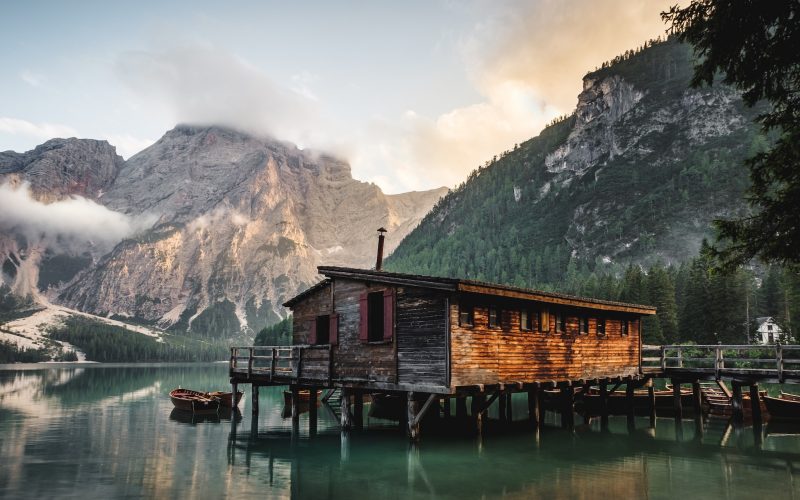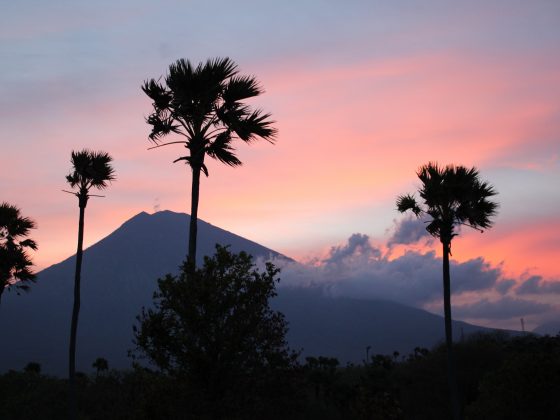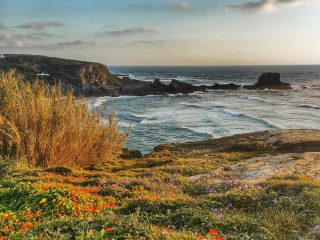Let’s get down with to business – Sustainable Tourism and more
I bet all of you have read or heard these words on different times in the last period: when booking a nice hotel in an European capital, in the TV while the news broadcaster talks about new trends, maybe even as an ad directed to you as a traveler to reserve your next green tour in Iceland. Probably there are even more examples that pop up in your mind, but the thing is: these terms up here are on fire!
I asked myself this question after scrolling down the hotel list on booking.com just before heading to Sri Lanka: Beautiful Eco-Lodge in the jungle, Awesome green hotel on top of a mountain, sustainable flat in the best city district. What on earth is the difference?!
After some research I found out that these adjectives have been used massively in business for marketing reasons: some hotel rooms are portrayed as green since they have recycled toilet paper. Many companies have been touting how they are going green to save the planet by doing some incremental changes that make us feel good but that don’t qualify the hotel as fully green. And these strategies apply, of course, to other tourism aspects such as moving, tours, restaurants and so on.
All of this is not about green tourism, ecotourism and sustainable tourism. It’s simply about green-washing. So if you really care about saving the planet, read on. Let’s go to the terms that really matter.
Green Tourism
Green tourism came up in the late ´80, as far as my research goes, the time when hotels started putting green posters in the rooms to encourage their clients to re-use their towels or let it be known if they were not used, so that the cleaning service would not change them. Basically, it manifests an attempt from hotels, tour operators or restaurants to implement practices that are actually good for the planet, such as not washing purposeless, using recycled materials and class A household appliances.
However, I would always suggest checking what really is green about the tour or the hotel in question, and not letting you be fooled by a green leaf on their logo that says “book here, we are green!”.
Ecotourism
“Responsible travel to natural areas that conserves the environment, sustains the well-being of the local people” is the definition of the International Ecotourism Society. The focus of eco tourism agents, being it tour operators, hotels or restaurants, is to actually minimize the impact on the nature and environment nearby and also sustain local people and their life. So the goal of “ecotourism” entities, so to say, goes beyond the usage of recycled toilet paper (though, of course, providing it), and concentrates on diminishing the human impact on nature and locals. Ecotourists have shown particular interest in nature, wild parks, conserves, and this characteristic is what seems to differentiate this approach from the others. However, the word “ecotourism” has been denoting lately any art of tourism in the nature, leaving out the positive and impactful component in it.

Responsible Tourism
The definition of this term might sound very similar to the next one, sustainable tourism: “Responsible tourism aims to minimize tourism’s negative impacts on the environment and maximize the positive contributions tourism can make to local communities”, says the Center from Responsible Travels. The emphasis here is on the responsibility factor (duh), meaning that we as travellers are fully responsible for our actions and our behavior and its impact it has on the environment in general. We can say, therefore, that responsible hotels, restaurants and travellers aim at making tourism more sustainable by taking proactive actions.
Sustainable Tourism
It is sort of an umbrella term that comprises both green and ecotourism, and it is the goal that responsible entities aim at. Sustainable tourism businesses operate in environmental conservation, people empowerment and local economies. Their business cases include how to economize and profit from waste, to source and train locals or people in need for restaurants or hotels, to better distribute energy and water. Although it resembles ecotourism, sustainable tourism has a far broader spectrum and covers all types of journeys, from luxury to backpacking, family-trips, solo-travels and jungle adventures.
Questions like “how can I tell the category of the hotel I just booked?”, “how can I find out how responsible is this travel agency?”, “and once I know, how can i measure it?” might be popping out like mushrooms in your head, and this is good. Because there’s no bullet-proof answer to that.
We need to open our eyes as far as this topic is concerned, and understand that not everything that looks green is actually green. Researching online about why a hotel says to be green, or a safari tour eco, might be the first step to take better decisions and avoid giving our money to green-washed company. A second step might involve chatting a bit with the waiter or the tour operator about their green policy. You get to be an investigator and find out international scams! Has it not been your career dream all along?
Jokes aside, we travel to discover, to have fun, to relax; adding “to have a positive impact” to the mix doesn’t sound that bad after all. After all: if not us, who? If not now, when?










